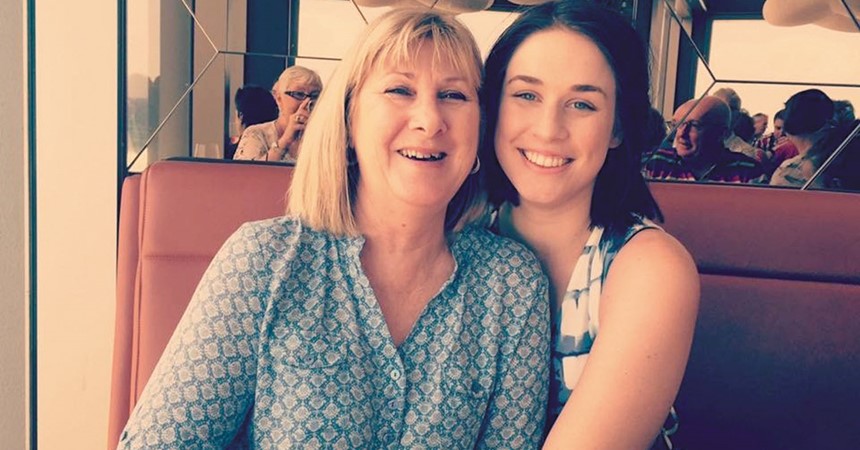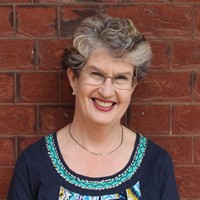When Julie Hamilton’s husband of 34 years, Patrick, died from melanoma in October 2016, aged 56, many of the couple’s plans and dreams were snatched away. Julie recalls that during the ten months of his illness, Patrick was hopeful of recovery until there was no hope, and “always easy to care for, such an easy, accepting patient”.
When it was clear he would not live, he remained grateful for round-the clock care from Julie and his children, Joseph, Olivia and Juliet. He was also quick to acknowledge the care of nursing staff and the doctor who had to say, eventually, ‘There’s nothing more we can do.” These days were full of conversation, questions, laughter and tears – and then he was gone, ten months to the day after diagnosis.
As a widow, Julie was grieving for the future that would not be, supporting her children and trying not to rely too much on them. They had their own grief. She was also needing to make hard decisions and to take sole carriage of what had been shared responsibilities.
She was open to the support of extended family, friends, her parish community and the hospice at Calvary Mater Hospital where Patrick died. However as many will understand, returning to the hospice was not easy. As she recalls, “I went once and I couldn’t go back.
“I thought it would be good to start a social support group of people who would come together on a different level because they understood. I wasn’t part of a couple anymore and so many others were in the same boat. I wanted a place where it would be safe for people to share, and to cry.
Olivia, a teacher at St Mary’s Primary, Warners Bay, was keen to help launch her mother’s idea. The idea was simple: extend an invitation to widows and widowers to gather in a relaxed setting and talk, without having to feel awkward or anxious.
“I also wanted a place where people could navigate things that you come across when your partner dies – banking, probate, financial matters,” said Julie.
“You have your life mapped out – you marry, you work together, you have your children, you see them grow, you get them through school and then you have the next stage in mind – retirement. You’ve worked so hard, and then it’s taken away.”
It was Olivia who came up with the name: Hope Floats. This name has its own resonance. It’s catchy, but more importantly, it captures for Julie something she always knew about herself. “I wanted, in time, to be happy again ‒ I’ll choose happiness over misery any day.
“I don’t think there’s a right or a wrong way to do grief, but starting Hope Floats has helped me and I believe it’s helping others too.
“Some will come a few times and not return, but sadly, there will be others whose lives have changed and who are looking for support.”
Hope Floats is a Newcastle-based social support network for widowed people from any background or relationship dynamic. Events organised aim to connect the widowed men and women of Newcastle in a safe, supportive and compassionate environment. If you would like to learn more and perhaps become involved, please click here, P Julie, 0410 057 580 or E Julie.




























































































